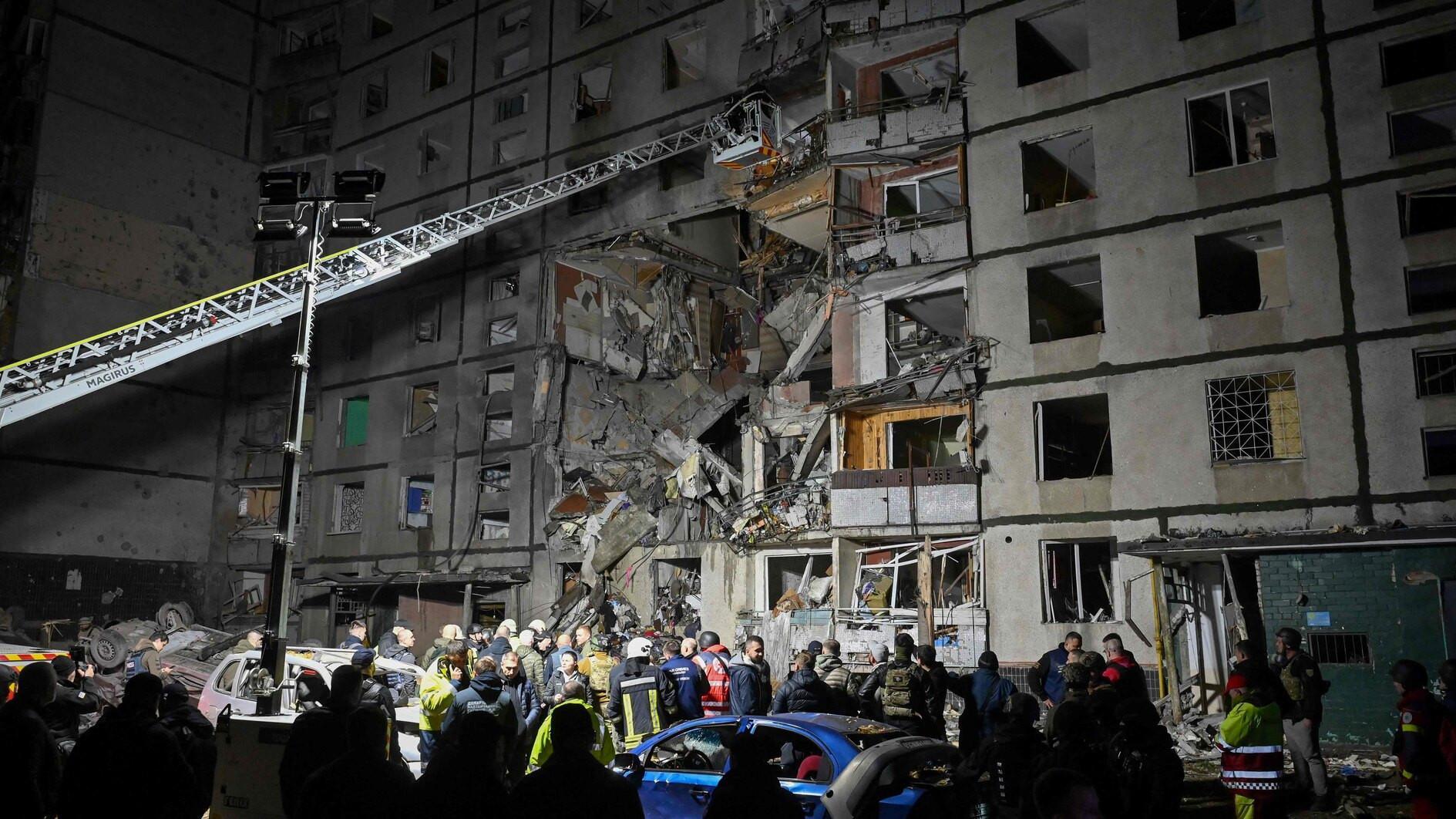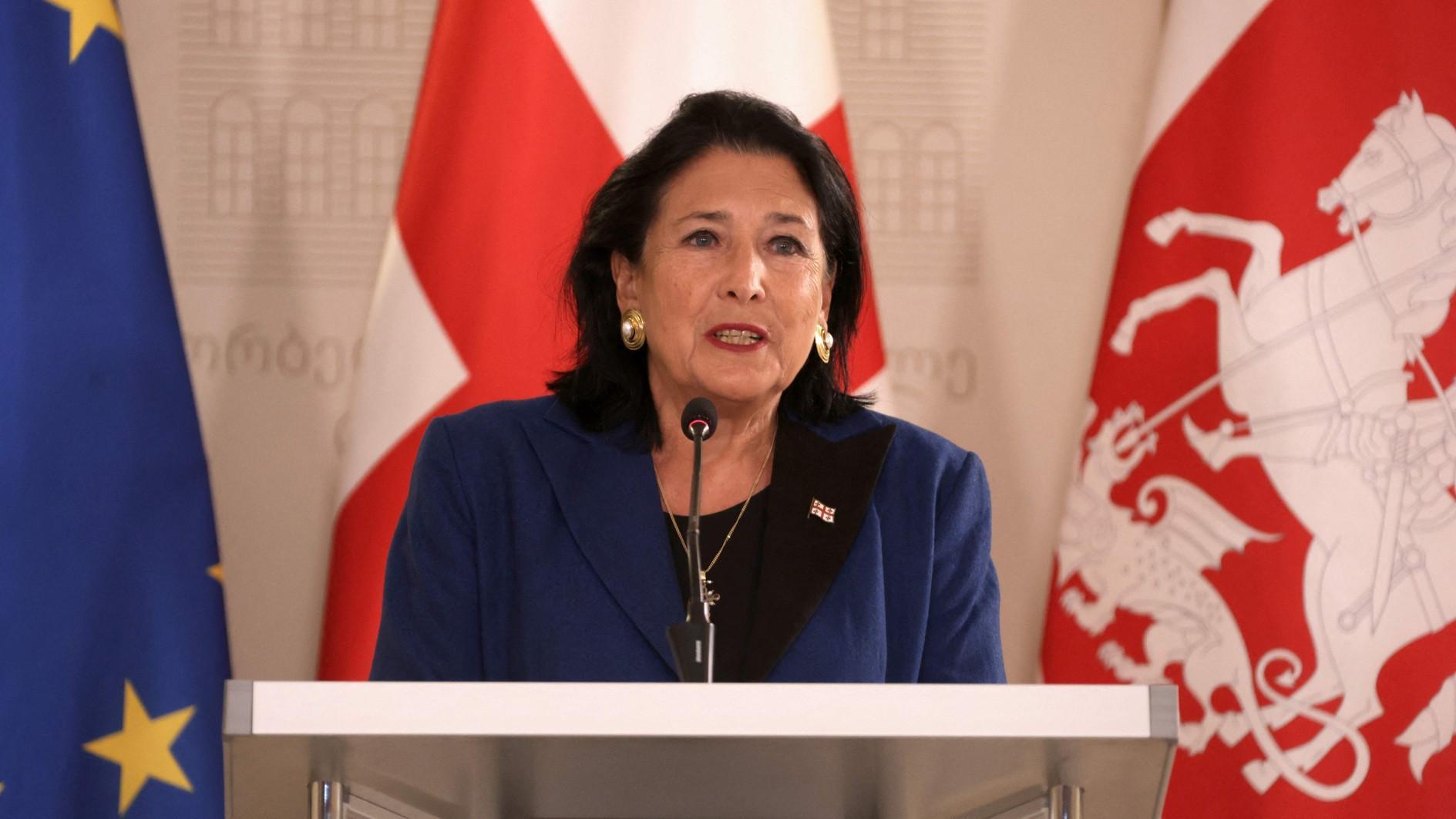Turkey’s urban coalition wins out against rural coalition
Political assessments over last week’s local elections are still underway with detailed analysis on who won where and who lost why. It was the first time Turkey’s political parties ran in two big alliances for the local elections as a result of a new political understanding in the country following a governmental system change last summer.
There are important snapshots from the outcome of the local polls. A striking point is that out of the 10 largest cities of Turkey, six of them will be under the control of the Nation Alliance, formed by the Republican People’s Party (CHP) and the İYİ (Good) Party, and in cooperation with the Peoples’ Democratic Party (HDP).
The CHP’s mayors are to govern Istanbul, Ankara, İzmir, Antalya, Adana and Mersin, while the ruling Justice and Development Party (AKP) will control Bursa, Konya, Şanlıurfa and Gaziantep.
With other cities having been won by the Nation Alliance, the share of the total population to be ruled by the opposition is around 40 percent, eight percentage points more than the People Alliance of the AKP and the Nationalist Movement Party (MHP). Another important figure is that all these cities under opposition mayoral rule make makes up around 60 percent of the entire GDP of Turkey.
A quick glance at these results show that the Nation Alliance’s electoral roots are much more concentrated in Turkey’s most urbanized parts, while the People Alliance dominancy spans rural parts of mostly inner and Central Anatolia.
It’s also remarkable that although it lost in many western constituencies like Denizli, Balıkesir, Uşak, Afyon and Isparta, the Nation Alliance has shown a remarkable increase in its votes compared to the previous elections. Many suggest that İYİ Party was the loser of these elections, but results show that it could become a very strong alternative to right-wing and nationalist voters particularly in urban areas.
It has been thoroughly analyzed that the urban MHP voters in the western provinces either voted for the CHP or İYİ Party, staying away from the People’s Alliance. This pattern shown by the urban MHP voters has been particularly well observed in İzmir and Ankara, as well as in Antalya and other constituencies. In addition, there was no ideological problem for the traditional HDP voters to lend a strong support to this political setting.
That created an unprecedented political compromise in Turkey: A social democrat party, a nationalist party and a pro-Kurdish political party could come together around a number of joint principles and demands.
Democratic rights, fundamental freedoms, justice, tolerance and respect to the other are among these principles the urban voters are keen on. Education, environmental policies and women issues are also very profoundly important to them.
Plus, they are aware that misgovernment has a devastating impact on the economy, and this deterioration cannot be covered up simply by rhetoric of “a national survival matter” and “endangered unity of Turkey” as a result of foreign plots.
They demand a better quality of life, certainty, non-politicized educational systems and curriculums, as well as a less-polarized political landscape. They want Turkey’s accession to the European Union and becoming a credible partner of the European family. In fact, all these demands have long been abandoned by the People Alliance.
The current order of the Turkish politics is suggesting a slight majority of the President Recep Tayyip Erdoğan-led People Alliance against the oppositional alliance. But the failure on the government side in the coming years in delivering all these said demands and in putting the economy back on track would change this balance to the advantage of the opposition.
Considering that the AKP-MHP duo is also lacking behind in generating votes from the 18-25 age group, more disengagement from the People Alliance would reverse the entire picture. It’s this analysis that should force the AKP to seriously launch a new democratic and economic reform process.
Erdoğan’s frequent motto “whoever wins Istanbul, wins Turkey” can easily be turned into “whoever loses the urban, loses Turkey.”











